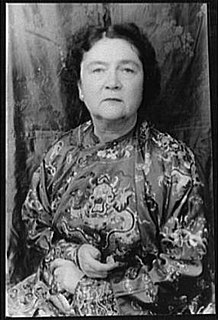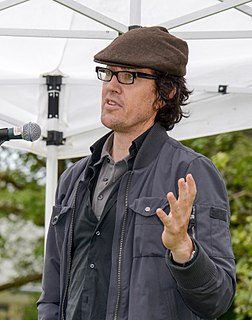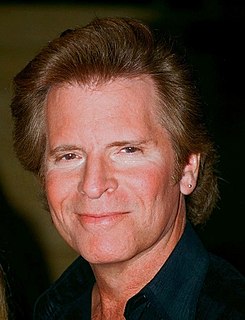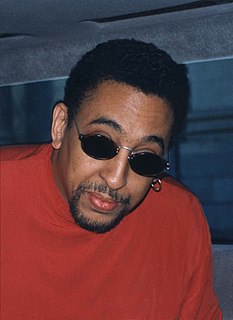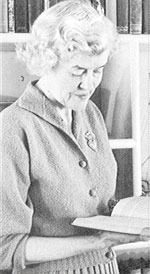A Quote by Plutarch
He (Cato) used to say that in all his life he never repented but of three things. The first was that he had trusted a woman with a secret; the second that he had gone by sea when he might have gone by land; and the third, that had passed one day without having a will by him.
Related Quotes
song of elli (old age) "What is plucked will grow again, What is slain lives on, What is stolen will remain What is gone is gone... What is sea-born dies on land, Soft is trod upon. What is given burns the hand - What is gone is gone... Here is there, and high is low; All may be undone. What is true, no two men know - What is gone is gone... Who has choices need not choose. We must, who have none. We can love but what we lose - What is gone is gone.
Men had reached into the scrub and along its boundaries, had snatched what they could get and had gone away, uneasy in that vast indifferent peace; for a man was nothing, crawling ant-like among the myrtle bushes under the pines. Now they were gone, it was as though they had never been. The silence of the scrub was primordial. The wood-thrush crying across it might have been the first bird in the world-or the last.
A few years ago, I was trying to buy a piece of land next to a house I had in Newfoundland. I discovered that the plot had been owned by a family, and the son had gone off to World War I and been killed. It began to interest me: What would have happened on that land if the son had lived, had brought up his own family there?
It would perhaps not be amiss to point out that he had always tried to be a good dog. He had tried to do all the things his MAN and his WOMAN, and most of all his BOY, had asked or expected of him. He would have died for them, if that had been required. He had never wanted to kill anybody. He had been struck by something, possibly destiny, or fate, or only a degenerative nerve disease called rabies. Free will was not a factor.
What a shame that Christianity had come here!If the white man had not intruded where he was not wanted, where he did not belong, even now protected by the mountains and the river,the village would have remained a last stronghold of a culture which was almost gone.Mark tried to say that no village,no culture can remain static. I have often thought that if this lively and magnificent land belongs to anyone,it's to the birds and the fish.They were here long before the first Indian and when the last man is gone from the Earth,it will be theirs again.
I had a dream, in 1985, I believe, when a friend I'd gone to school with was sick - one of the first people I knew who'd gotten the AIDS virus. I had a dream of him in his bedroom with an angel crashing through the ceiling. I wrote a poem called 'Angels in America.' I've never looked at the poem since the day I wrote it.





